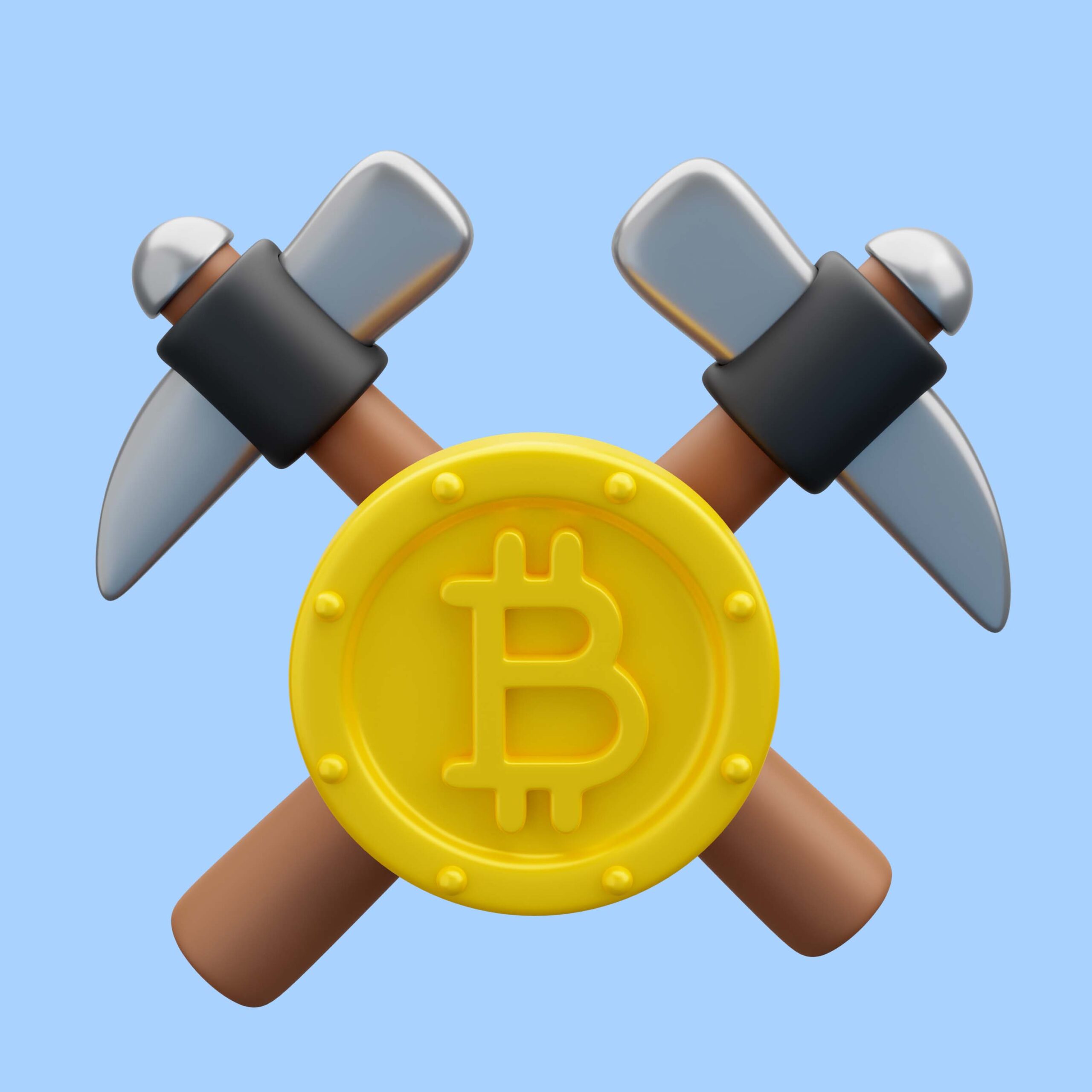A hard fork is a process of making changes to the protocol by making the changes it makes the previously invalid blocks valid. Forks can be defined as soft forks and hard forks. Soft forks is a change where only previously valid blocks are made invalid wherein hard forks every node needs to upgrade before the new blockchain activates and rejects any block from the old blockchain.
What are Bitcoin hard forks?
A Bitcoin hard fork is a fundamental change in how network users must operate. A hard fork is different from a soft fork, a protocol change does not reject the pre-existing rules set. A hard fork needs all the participants to upgrade to the new rule and reject the old ones, whereas a soft fork will continue to accept transactions that are created by the old rules.
Developers have tried to hard fork the Bitcoin protocol, to fix the problems which they are facing in an original system or to upgrade them. There are a lot of Bitcoin hard forks, but no one can replace the original one.
Through this process, various tokens similar to Bitcoin have been created.
During a hard fork, software implementing Bitcoin and its mining procedure is upgraded, once a user upgrades their software, that version rejects all transactions from older software.
Why Hard Forks is important?
The idea was to bring several changes and came up with the upgraded version must have some purpose. The hard fork can occur for several reasons which are –
- To introduce new features
- To identify security threats
- To bring modification
- To reverse blockchain transactions.
Hard forks are essential updates that can transform the blockchain and improve its network.
Examples of Bitcoin’s Hard Forks
Bitcoin XT: Bitcoin XT was the first hard fork of Bitcoin’s software launched by Mike Hearn and Gavin Andersen for increasing the block size from 1 megabyte to 8 megabytes. Bitcoin XT saw some support in the initial phase. However, it does not supported by all its users and lost its supporters. Bitcoin XT is no longer available.
Bitcoin Classic: After Bitcoin XT, Bitcoin Classic came with the view to increase block sizes. Bitcoin Classic was launched in 2016. Bitcoin Classic aimed to increase block size from 1 megabyte to 2 megabytes.
Bitcoin Classic saw initial interest for several months. The project still exists today but the larger community seems to have generally moved on to other options.
Bitcoin Gold: Bitcoin Gold was launched in October 2017. The idea behind Bitcoin Gold is to ease the mining process by using basic hardware. While people could earlier mine Bitcoin using personal computers, the growing mining difficulty led to the creation of some specialized mining hardware. So, Bitcoin Gold is mined on a standard graphics processing unit, whereas Bitcoin is mined using specialized application-specific integrated circuits(ASICs).
Other Bitcoin Hard Forks
- Bitcoin Gold
- Bitcoin Diamond
- Super Bitcoin
- Bitcoin Atom
- Bitcoin God
- Bitcoin Private
- Bitcoin Zeo
- Bitcoin Post-Quantum
Bitcoin Vs Bitcoin Cash (Hard Fork)
Bitcoin and Bitcoin Cash are two different coins from the same blockchain.
Bitcoin Cash is a Hard Fork of Bitcoin, while Bitcoin is the original currency.
Similarities
- Finite supply- Both coins have a finite supply of 21 million.
- Proof of work Mechanism- Both Bitcoin and Bitcoin Cash work on the proof of work mechanism.
- Block Interval- Block Interval is the time needed to mine a particular block. The block Interval of both the blockchain is 10 minutes.
Differences
- Transaction Cost- The transaction cost of Bitcoin Cash is lower than Bitcoin.
- Speed- Transactions in Bitcoin Cash are much faster than Bitcoin.
- Market Capitalization- Bitcoin’s market cap is high, with a total market cap of $ 578 billion. Bitcoin Cash has a market cap of $ 4.8 billion.
- Security- Bitcoin is more secure than Bitcoin Cash.Security increases with the increase in the number of transactions. Bitcoin have limited block size and number of transactions.
Related: Exploring the Rise of Decentralized Finance (DeFi) and Its Impact on Traditional Finance
Therefore,there have been a large number of forks in Bitcoin but no one replace the power of the original one. Hard forks are those changes that affect the blockchain and create a new version. The growing popularity and increasing appeal of investing in BTC require implementing updates. These would stabilize the blockchain network over time.

